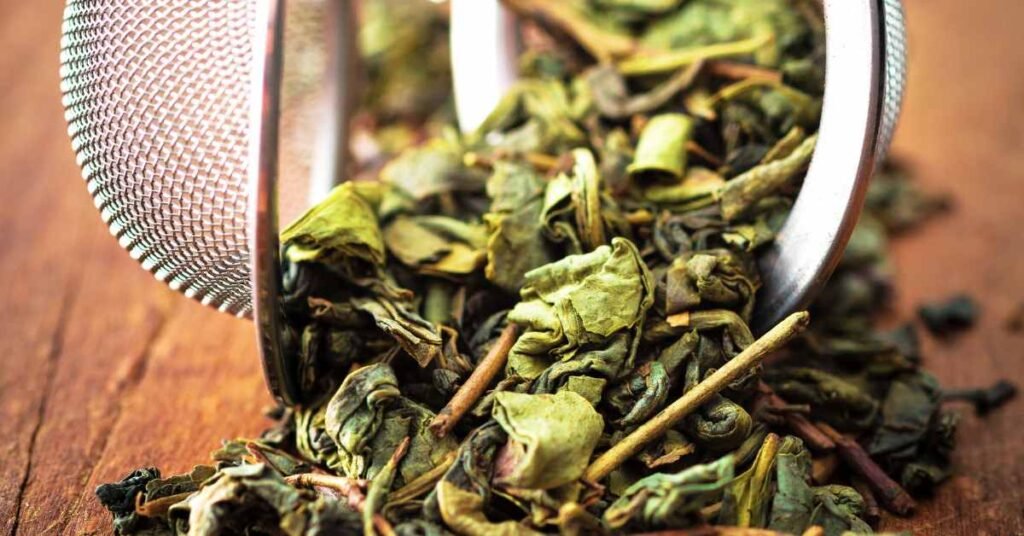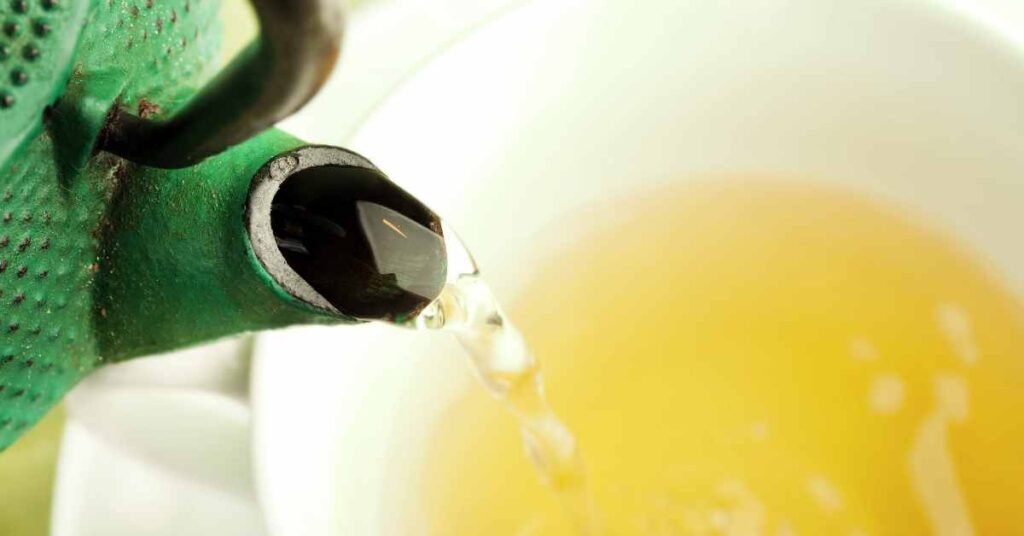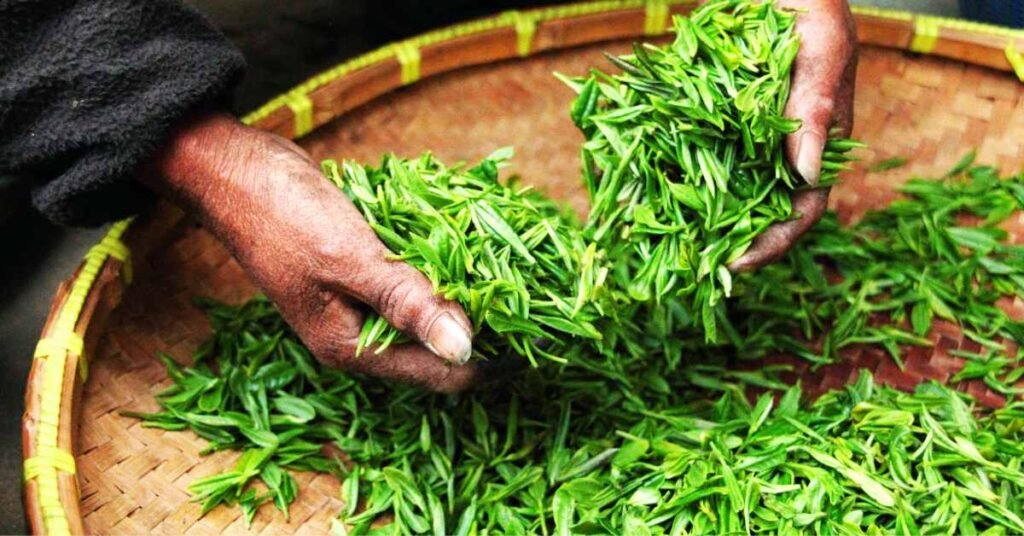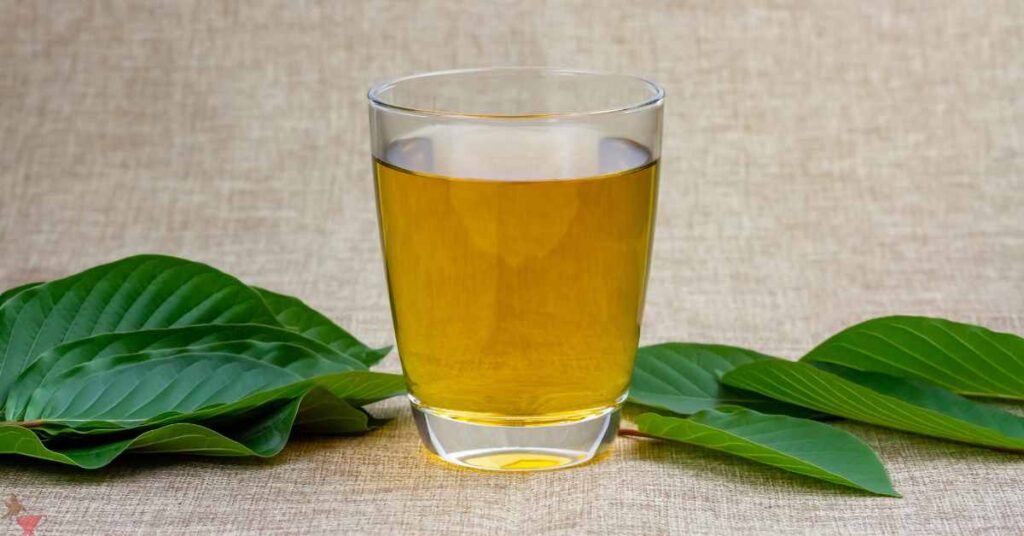In a recent investigation published in the Journal of Nutritional Science, researchers delved into the potential anti-inflammatory and iron status-improving effects of epigallocatechin-3-gallate (EGCG), a prominent polyphenol found in green tea.
The study, conducted on laboratory rats, aimed to contribute valuable insights into addressing iron deficiency and inflammation through dietary interventions.
Background

Iron deficiency, affecting nearly one in five children under the age of five, leads to various health issues, including anemia.
Inflammation, a factor known to impact iron storage in the body, further exacerbates the problem.
Chronic inflammation, often associated with obesity, can worsen iron status.
The scientific community is actively exploring non-pharmacological approaches, including dietary interventions, to enhance iron levels by mitigating inflammation.
Green tea, rich in plant polyphenols, particularly EGCG, presents a promising avenue for such exploration.
About the Study
Researchers from universities in Iowa and Indiana conducted an experiment using albino laboratory rats to examine the relationship between lipopolysaccharide (LPS)-induced inflammation and iron status.
The 32 male rats were divided into four intervention groups, each subjected to different treatments.
The study involved inducing iron deficiency in all rats before implementing the interventions, which included LPS administration, EGCG supplementation, and controls.
Findings
The study found that while LPS-induced inflammation reduced serum iron concentrations, EGCG did not counteract this effect.
However, EGCG supplementation did effectively lower the elevated levels of the inflammatory marker serum amyloid A (SAA) caused by LPS.
Notably, other markers like C-reactive protein (CRP) and interleukin 6 (IL-6) did not exhibit consistent changes.
Final Word

This study, one of the first to explore dietary interventions for improving iron levels amidst inflammatory responses, yielded mixed results.
While EGCG did not reverse the reduction in serum iron caused by inflammation, it demonstrated anti-inflammatory effects by reducing SAA levels.
The researchers acknowledged the need for further studies, suggesting variations in LPS and EGCG dosages, exploring additional biomarkers, and considering the complex interactions between diet, inflammation, and iron status.
These insights may pave the way for more targeted approaches to address iron deficiency and inflammation through dietary means.
MEDICAL DISCLAIMER
Itsnevernotteatime.com cannot and does not contain medical/health advice. The medical/health information is provided for general and educational purposes only and is not a substitute for professional advice.

